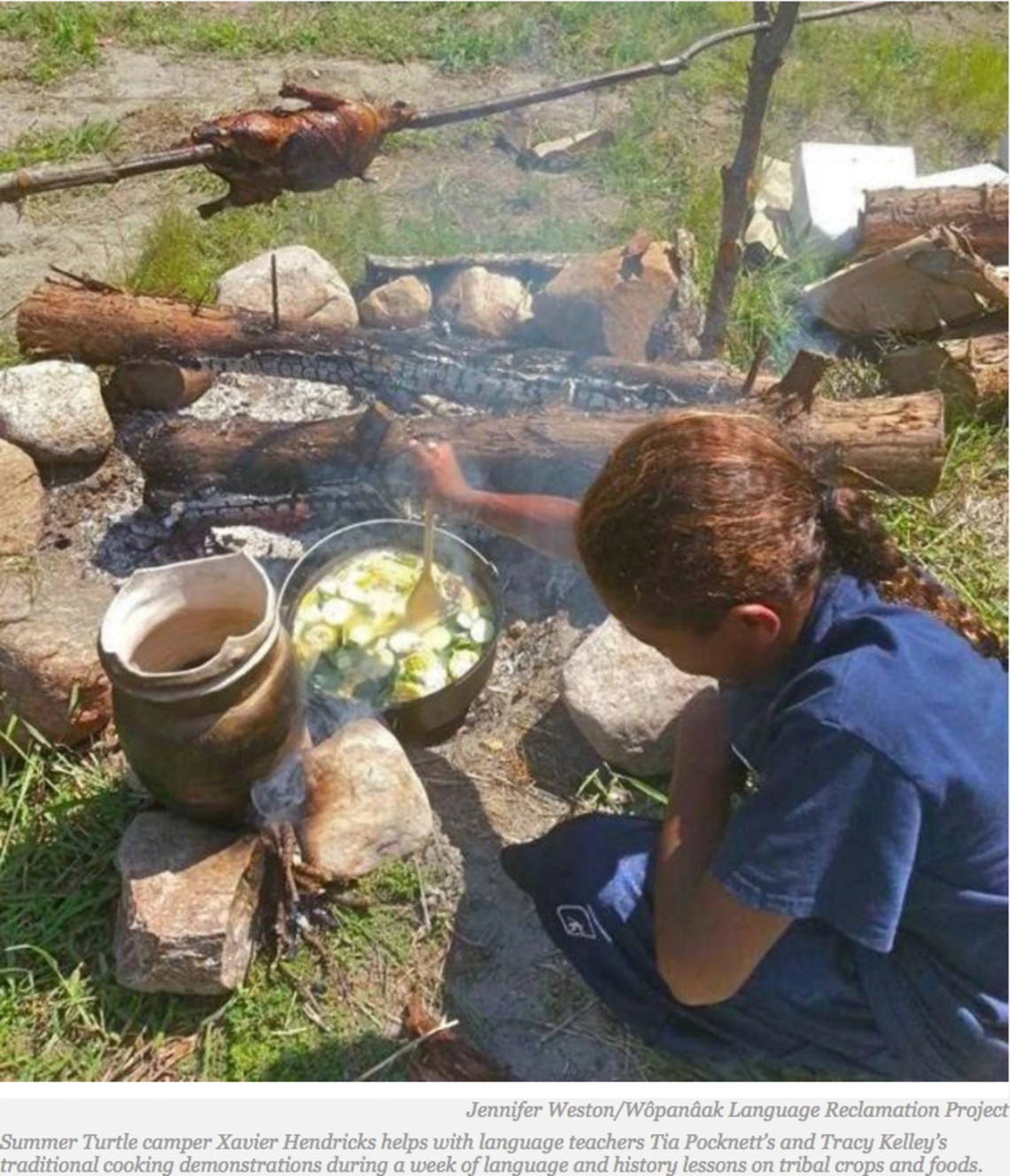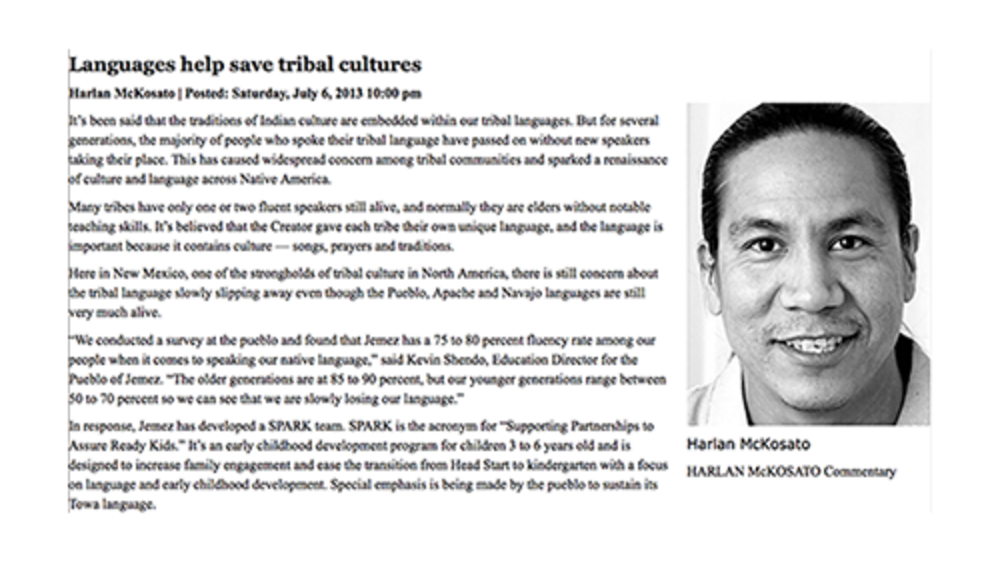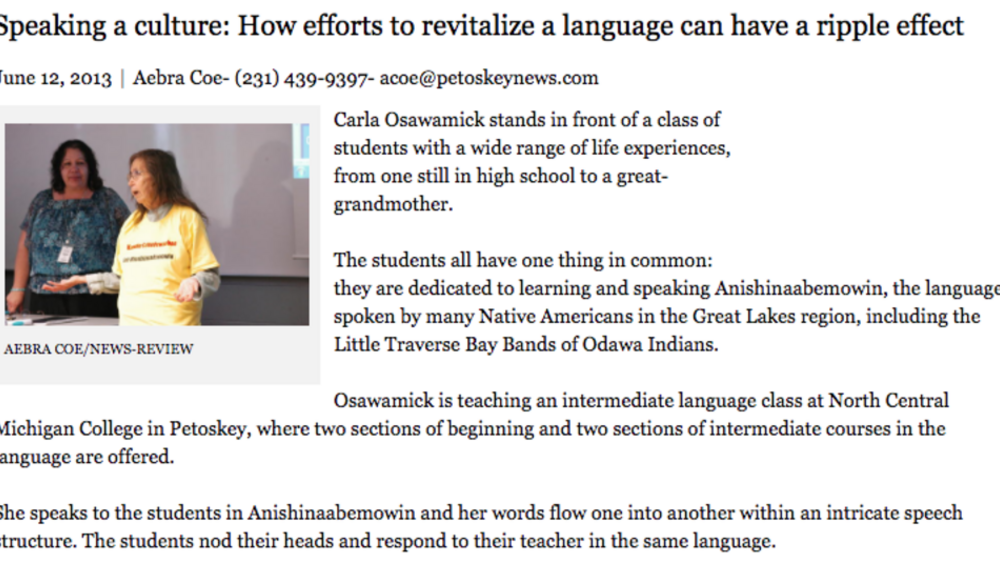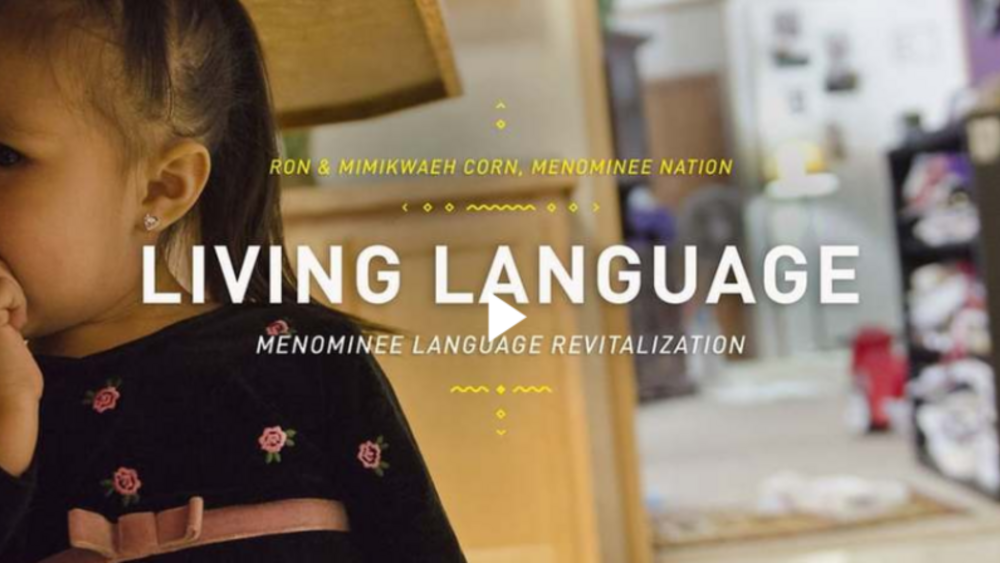It’s been more than 300 years since Wampanoag was the primary spoken language in Cape Cod. But, if Wampanoag tribal members keep their current pace, that may not be true for much longer.
Tribal members have been signing up for classes with the Wampanoag Language Reclamation Project while families and students have been attending summer language camps. Now plans are underway for the Wampanoag Language Public Charter School, expected to open in August 2015 to serve kindergarten through third grade...
Additional Information
Rose, Christina. "Sleeping Language Waking Up Thanks to Wampanoag Reclamation Project." Indian Country Today Media Network. February 25, 2014. Article. (https://ictnews.org/archive/sleeping-language-waking-up-thanks-to-wampanoag-reclamation-project, accessed November 13, 2023)




